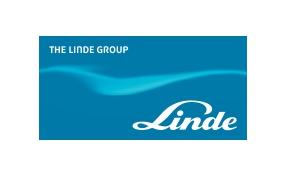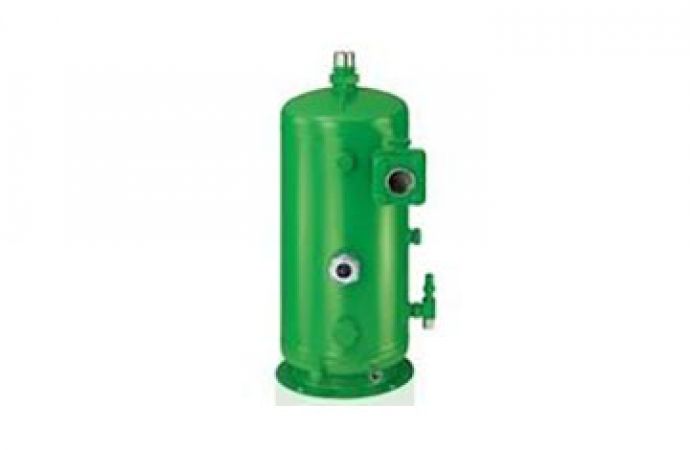The United Nations Industrial Development Organization (UNIDO) and market development company shecco have jointly researched and launched a “GUIDE” providing assistance to developing countries looking for safe, cost-effective and technically viable natural solutions to replace ozone-depleting substances in the heating, refrigeration, air-conditioning and foam-blowing sectors. The GUIDE features more than 50 case studies, as well as results from a global survey.

The “GUIDE UNIDO - Natural Solutions for Developing Countries” was launched to share relevant experiences with ammonia, carbon dioxide, hydrocarbons, water and air in the current phase-out of ozone-depleting hydrochlorofluorocarbons (HCFCs) in Article 5 countries under the Montreal Protocol. Jointly researched and published by UNIDO and shecco, the report summarises results from the “ATMOsphere Technology Summit” held on 3-4 June 2013 at the UNIDO headquarters in Vienna, as well as features results from a global survey among 82 countries.
Its ultimate objective is to address topics of particular concern to developing countries, by providing evidence of innovative solutions for and in emerging economies in the use of natural foam-blowing agents and refrigerants.
Natural Substances paramount in HCFC transition
As one of the implementing agencies of the Montreal Protocol, UNIDO has always been committed to promoting sustainable solutions for companies in the refrigeration, air conditioning and foam sectors that are transitioning away from ozone depleting substances. Natural refrigerants and foam blowing agents with low global warming potential are of paramount importance in this transition,” explains Sidi Menad Si Ahmed, Director of the Montreal Protocol Branch of UNIDO, the motivation for launching the GUIDE UNIDO.
Contentshecco strongly believes that natural substances, either used as refrigerants or foams, constitute a long-term viable solution for developing countries not requiring any further move towards substances with known and unknown ecological impact. Aiding countries to “leap-frog” to climate and ozone friendly technologies using air, ammonia, carbon dioxide, hydrocarbons and water refrigerants can add further impetus to the outstanding role the Montreal Protocol has played in phasing out ozone-depleting substances and reducing the consumption of fluorinated gases,” adds Marc Chasserot, Managing Director shecco.
The GUIDE covers the following topics:
- Natural Refrigerants & Foam-Blowing Agents: An introduction to the most commonly used natural refrigerants and foam-blowing agents including ammonia, carbon dioxide, hydrocarbons, water and air in the HVAC&R sector today.
- Surveys: A summary of the main barriers, drivers and trends concerning the uptake of HFC-free foams and refrigerants in developing countries, based on a 2013 UNIDO survey and an 2012 UNEP (United Nations Environment Programme) survey.
- Success Stories of Natural Substance Use: An overview of best-practice examples of natural refrigerants and foam-blowing agents to be followed in industrial refrigeration, light commercial and commercial refrigeration, domestic refrigeration, and the heating and foam sectors in developing countries.
- UNIDO ATMOsphere Technology Summit: A review of key presentations and panel discussions from the joint UNIDO-shecco event in June 2013 that brought together system and component suppliers, end-users, national and international policy representatives, non-profit organisations, and the academic sector. It identified major market trends, opportunities, and the share of natural refrigerants and foam-blowing agents in developing countries. A special reference is made to natural substance-based projects of UNIDO in Article 5 countries.
- Barriers for the uptake of natural substances in developing countries: An analysis of the main technology, market and policy barriers for the adoption of natural substances in developing countries. For each section a general introduction is followed by specific barriers identified and concrete solutions found. Survey results complement each section with latest data for the following issues:
- Awareness
- Training & certification
- Safety & technology standards
- Regulation & policy frameworks
- Financial incentives & costs
- Technology & market availability
- Refrigerant selection methodology
- Case Studies: 50 case studies are presented in an easy-to-access format providing a short overview of best-practice examples in developing countries. The section is sorted by the main type of barrier addressed by the example. Various cases talk about innovative ammonia solutions in industrial refrigeration and (plug-in) chillers in China, Africa, and the Middle East, to name a few.
About UNIDO
The United Nations Industrial Development Organization (UNIDO) is the specialized agency of the United Nations that promotes industrial development for poverty reduction, inclusive globalization and environmental sustainability. The Organization draws on four mutually reinforcing categories of services: technical cooperation, analytical and policy advisory services, standard setting and compliance, and a convening function for knowledge transfer and networking. Its Montreal Protocol Branch is involved as an implementing agency for the Multilateral Fund for the Implementation of the Montreal Protocol.
About shecco
For more than a decade market development expert shecco has been active in helping bring climate friendly technologies faster to market. shecco supports over 100+ partners worldwide in two areas: the HVAC&R sector, where the focus is on sustainable refrigeration, heating & cooling technologies using natural refrigerants; and the transport sectors where an emphasis is put on electric vehicles. shecco offers a variety of services, ranging from online industry platforms, to market research & consultancy services, events management, funding & grants support, and public affairs.
MORE INFORMATION
Related stories







